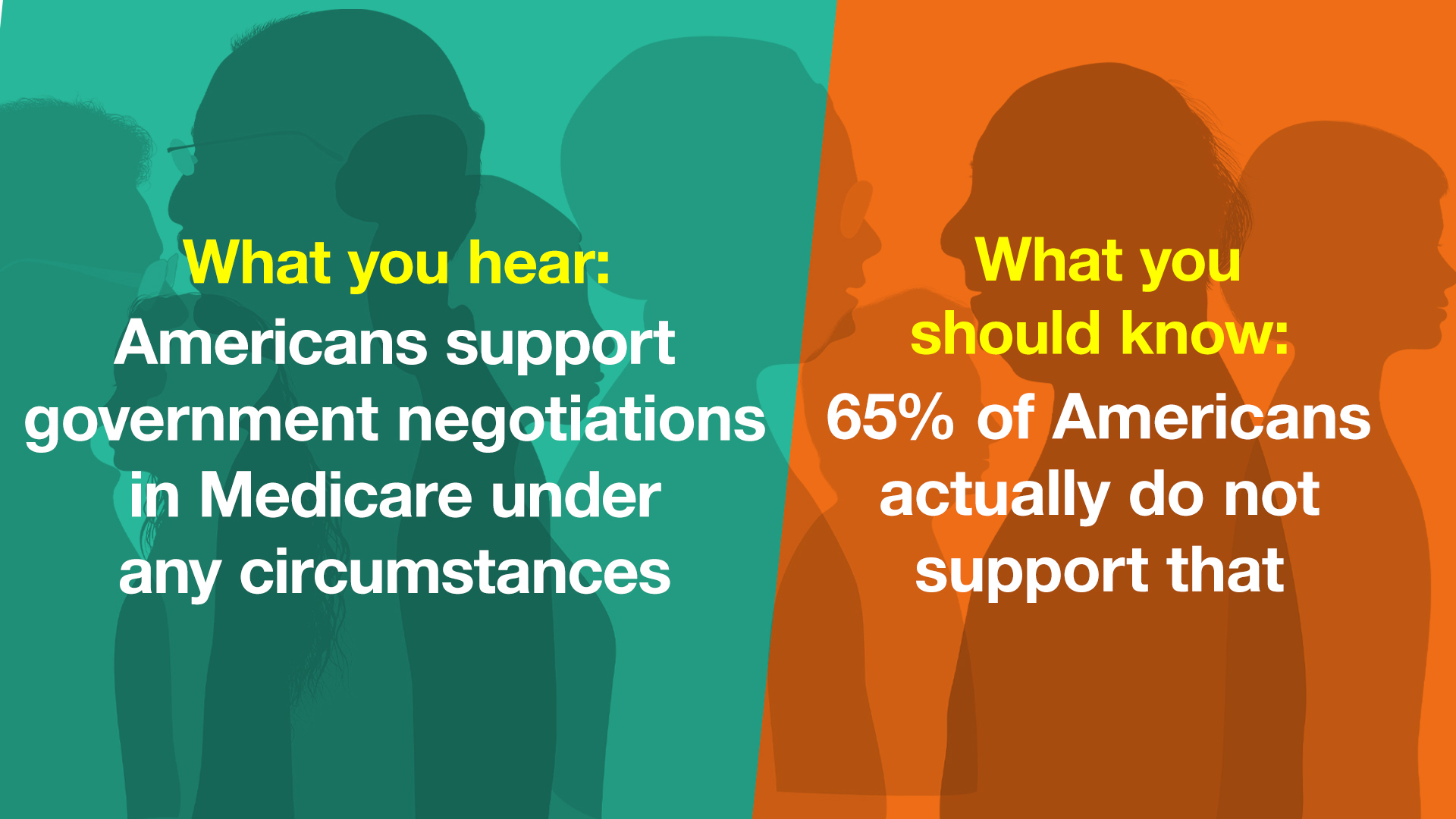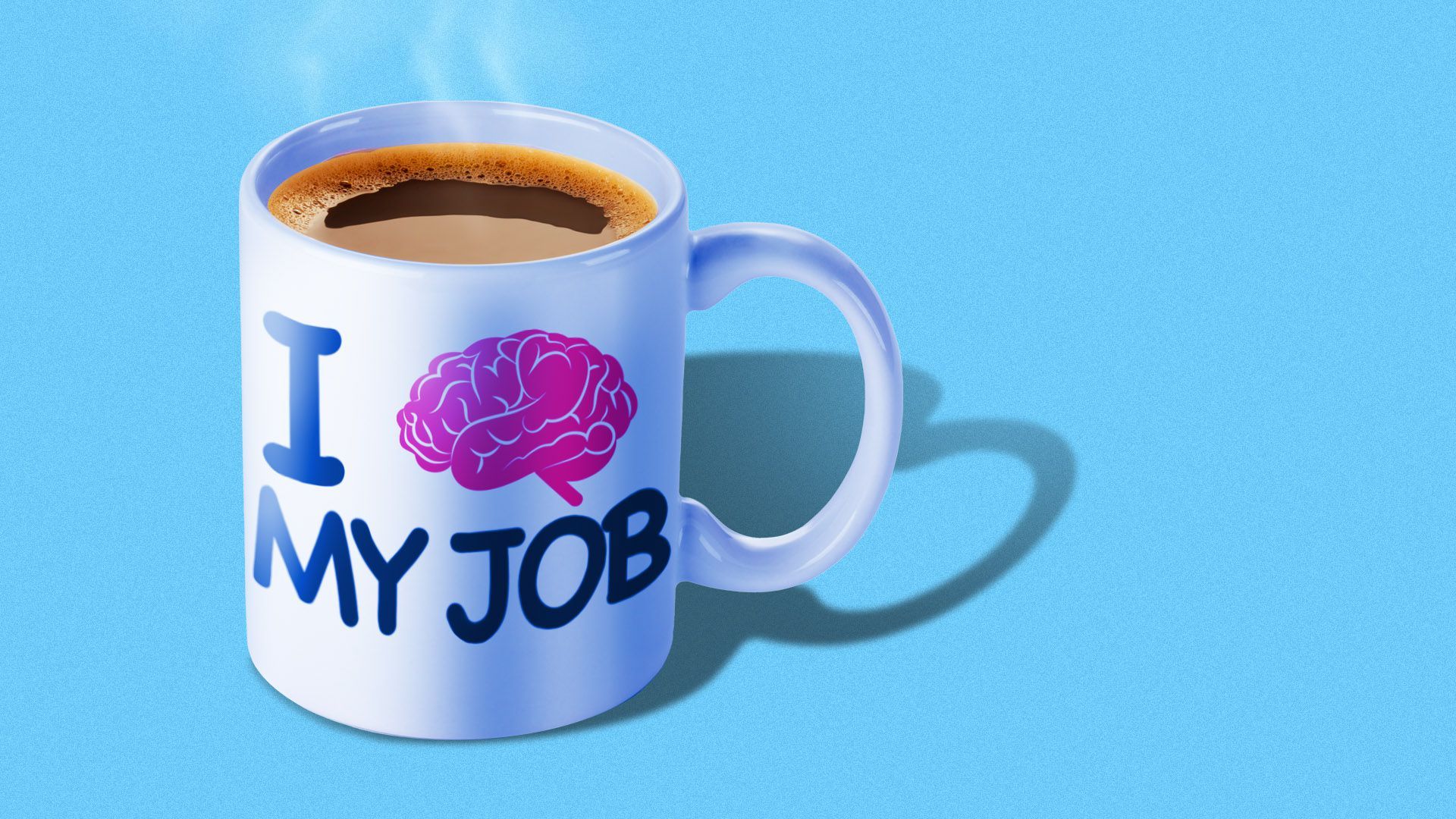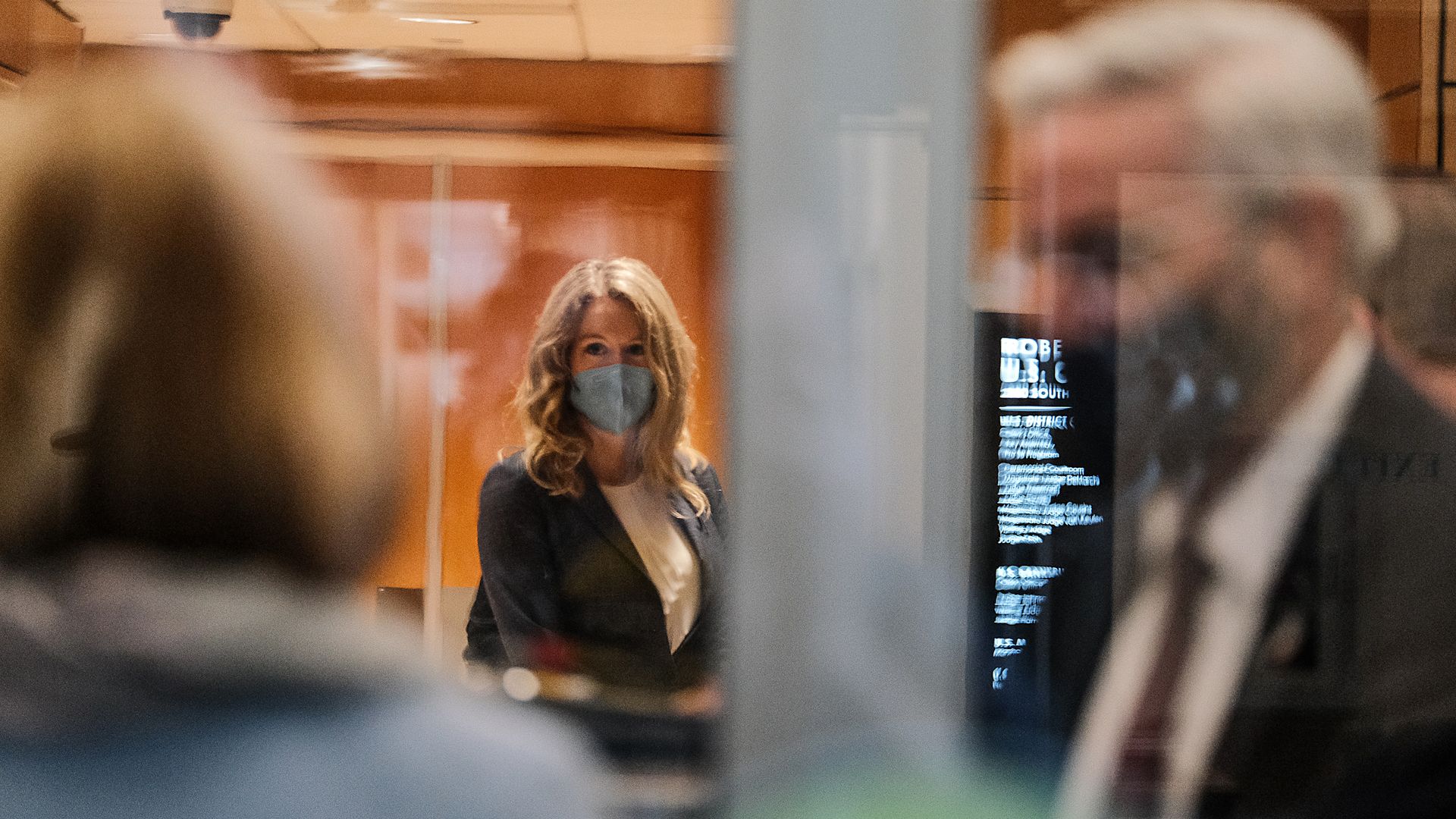| |
| |
| |
| Presented By PhRMA |
| |
| Axios Vitals |
| By Tina Reed ·Sep 09, 2021 |
| Good morning, Vitals readers. Today's newsletter is 1,071 words, or a 4-minute read. - Join Axios' Caitlin Owens and me tomorrow at 12:30pm ET for a Vitals "Check-Up" event on the state of COVID-19 vaccinations.
- The event will feature former FDA commissioner Scott Gottlieb and Walgreens chief medical officer Kevin Ban. Register.
|
| |
| |
| 1 big thing: COVID cases steady while hospitalizations, deaths rise |
 Data: N.Y. Times; Chart: Kavya Beheraj/Axios New coronavirus infections held steady across the U.S. as falling case rates in a few hot spots in the South were offset by increases elsewhere. Driving the news: While the overall COVID case rate increased less than 1% over the last two weeks, hospitalizations increased 4% in the same time frame, and the seven-day rolling average of deaths rose 29%. - The country is averaging about 1,500 deaths a day for the first time since March. And while they're well below peak levels, daily death totals have more than quintupled since the start of August, per the New York Times.
By the numbers: On average, about 152,000 Americans have tested positive for COVID-19 each day nationwide over the past two weeks. Details: A small number of states, including Florida, Louisiana and Mississippi have continued to see an improvement over the past two weeks. - Meanwhile, the biggest increases in new cases continue to be clustered in the South — including Tennessee, Alabama and South Carolina — as well as in Ohio and West Virginia.
- States around the country have reported that COVID surges are increasing the strain on hospital systems. This week, Idaho hospitals begin rationing health care amid COVID surges, and Wisconsin hospitals said their ICU beds are in short supply.
What we're watching: Cases — and hospitalizations — among kids. The bottom line: The Delta variant continues to show us there is still a long road ahead with this pandemic. As the AP put it: The summer of hope is ending in gloom. Share this story. |
    |
| |
| |
| 2. Fauci: We don't have "modestly good control" |
| Americans are now getting infected with COVID-19 at 10 times the rate needed to end the pandemic, which won't end until more people get vaccinated, NIAID director Anthony Fauci tells Axios' Eileen Drage O'Reilly. Threat level: "The endgame is to suppress the virus. Right now, we're still in pandemic mode, because we have 160,000 new infections a day," he says, referring to recent COVID numbers. "That's not even modestly good control ... which means it's a public health threat." - "In a country of our size, you can't be hanging around and having 100,000 infections a day. You've got to get well below 10,000 before you start feeling comfortable," Fauci says.
Go deeper. |
    |
| |
| |
| 3. J&J recipients are in the dark on boosters |
 |
|
| Illustration: Brendan Lynch/Axios |
| |
| People who got the COVID-19 vaccine made by Johnson & Johnson are feeling a bit left out, Axios' Marisa Fernandez writes. Driving the news: Despite the White House's reassurance that boosters for Johnson & Johnson are likely on their way, the J&J vaccine hasn't been a big part of the conversation, the Washington Post reports. Driving the news: The administration has said it is eyeing boosters for the mRNA shots available from Pfizer and Moderna, and the FDA will meet regarding Pfizer's booster data in mid-September. (Moderna may come later.) - "We've kind of left people who got J&J high and dry, we have no idea what to tell them," a federal health official tells the Post.
What's happening: A small preprint study showed the J&J shot can provide protection from the Delta variant. What to watch: A booster trial in South Africa by J&J could be underway in October after the company's shot was used in a trial of nearly half a million health workers in the country, Bloomberg reports. |
    |
| |
| |
| A message from PhRMA |
| Why Americans reject "so-called" Medicare negotiation |
| |
 |
| |
| Proponents of government price setting often misrepresent voter opinion on support for allowing the government to negotiate drug prices. Independent polls have repeatedly shown once Americans understand what government negotiation is, and what the tradeoffs are, support evaporates. |
| |
| |
| 4. Hospitals face a nursing crunch |
| Nurses are not only quitting their jobs or retiring because of burnout, but also because they can make more money as travel nurses, AP reports. Why it matters: Hospitals are facing staffing shortages as their beds fill up. But the pay for temporary travel nurses is spiking, Axios' Caitlin Owens writes. Between the lines: Hiring travel nurses to plug staffing holes is particularly hard for hospitals that were already cash-strapped. - Traveling nurse agencies can pay more than $5,000 a week — way more than they did before the pandemic, and way more than what hospitals typically pay.
- "They're leaving to go travel because why would you do the same job for half the pay?" one nurse who quit her hospital job to become a travel nurse told AP. "If they're going to risk their lives, they should be compensated."
|
    |
| |
| |
| 5. Employers focus on benefits to keep workers |
 |
|
| Illustration: Sarah Grillo/Axios |
| |
| As employers fight to recruit and retain talent in a tight labor market, most are eyeing their employee benefits packages a little more closely this year, according to the 2021 Benefits Trends Survey from Willis Towers Watson. By the numbers: 69% employers plan to differentiate and customize their benefit programs over the next two years, a sharp increase from just 23% today. - The trend is partly driven by the war for talent, as well as an increased focused on diversity and rising benefit costs, the survey found.
What they're saying: "Amid the ongoing pandemic, employers are under increasing pressure to manage their benefit costs while at the same time finding new ways to support their employees' overall wellbeing," said Jennifer DeMeo, senior director of retirement at Willis Towers Watson. The details: Two-thirds (69%) of employers responding to the survey said integrating employee wellbeing will be their top objective in the next two years. Of them, 86% of employers said their employees' emotional wellbeing is the top priority. - 77% of employers said they've added online or virtual medical services, and 53% said they plan to add more in the next two years.
- 73% of employers said they plan to boost their mental health support for employees.
|
    |
| |
| |
| 6. Pic du jour: Opening arguments |
 |
|
| Photo: David Odisho/Bloomberg via Getty Images |
| |
| The trial of Theranos founder and ex-CEO Elizabeth Holmes over alleged fraud formally began yesterday in federal court in San Jose, California. The big picture: Holmes, 37, faces a dozen fraud and conspiracy counts that could send her to prison for as long as 20 years if she's convicted. What they're saying: "The evidence will show that the defendant agreed with her co-defendant on a scheme to defraud Theranos investors and Theranos patients," prosecutor Robert Leach told the jury, according to Axios' Kia Kokalitcheva. - The other side: "Theranos failed, and Ms. Holmes walked away with nothing. But failure is not a crime," Holmes defense lawyer Lance Wade told the jury.
|
    |
| |
| |
| 7. Catch up quick |
- COVAX cuts 2021 forecast for available COVID doses by a quarter (Axios)
- The risk of severe breakthrough COVID-19 is higher for seniors and people with underlying conditions (CNN)
- EU lists rare nerve disorder as possible side-effect of AstraZeneca COVID-19 vaccine (Reuters)
|
    |
| |
| |
| A message from PhRMA |
| Myth vs. fact: Americans and Medicare negotiation |
| |
 |
| |
| Key numbers: - 65% of Americans (KFF) oppose negotiation if it leads to less research and development of new treatments or if it limits people's access to medicines once they come to market.
- 76% oppose H.R. 3-type "negotiation" if it causes delays in access to new medicines.
Get the facts. |
| |
 | | It'll help you deliver employee communications more effectively. | | |
No comments:
Post a Comment